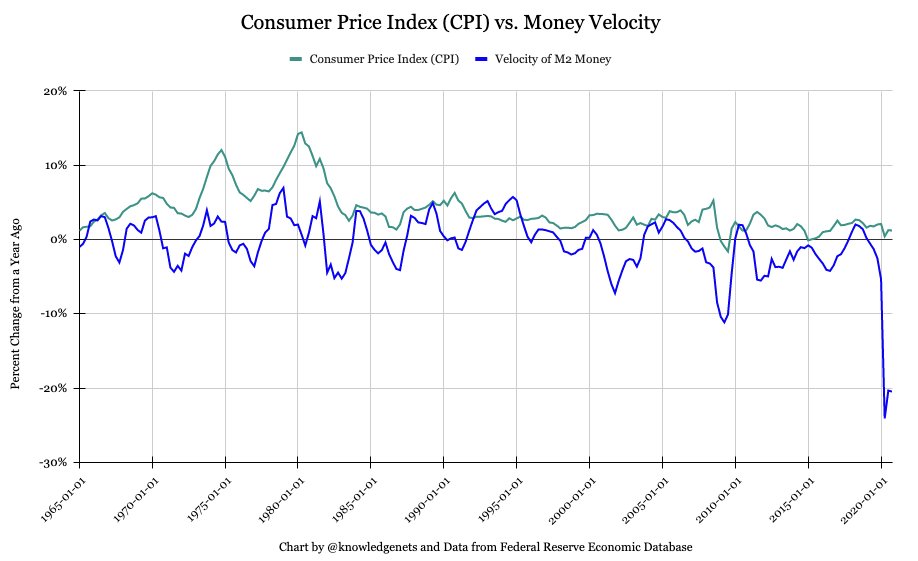
Recently, @DavidSacks presented several top-of-mind ideas on a wide-ranging interview with @RubinReport.
Here are my 10 summarized highlights from this episode of the The Rubin Report:👇
Here are my 10 summarized highlights from this episode of the The Rubin Report:👇
1) David Sacks graduated Stanford University in 1994, and he met Peter Thiel at Stanford.
Sacks joined PayPal in 1999 and served as PayPal's Chief Operating Officer.
Currently, he's the founder of Craft Ventures, where he focuses on VC investing in bottom-up enterprise SaaS.
Sacks joined PayPal in 1999 and served as PayPal's Chief Operating Officer.
Currently, he's the founder of Craft Ventures, where he focuses on VC investing in bottom-up enterprise SaaS.
2) While “woke culture” and “cancel culture” may seem like new topics today, both Thiel and Sacks were writing about these topics in the 1990s.
3) Sacks discussed Section 230, the power of technology platforms, 1st Amendment rights, the concept of “de-platforming”, censorship, gov't policy in handling the coronavirus crisis, and the current state of recall efforts in California.
4) “Communication and free speech got digitized, which caused the town square to get privatized”. ~Sacks
He also wrote a Medium post in October 2020 about his thoughts on Section 230, which can be found here:
medium.com/craft-ventures…
He also wrote a Medium post in October 2020 about his thoughts on Section 230, which can be found here:
medium.com/craft-ventures…
5) Sacks believes that a hypothetical break-up of Big Tech companies would not solve the actual speech and communication issues on these tech platforms.
6) “There are 2 types of companies: monopolies or commodities”.
Monopolies have tremendous market power.
Monopolies have tremendous market power.
7) During the initial coronavirus outbreak and due to the uncertainties about the virus, lockdown policies were rational.
However, by late summer 2020, Sacks believes that it became clear that lockdowns have significant costs.
However, by late summer 2020, Sacks believes that it became clear that lockdowns have significant costs.
8) Sacks believes that greater emphasis on mask-wearing would have been a better policy in regards to handling of the coronavirus crisis. Mask-wearing is a low-cost, high-benefit protocol.
medium.com/craft-ventures…
medium.com/craft-ventures…
9) Sacks is critical of California's "Zeroism Policy", which is increasingly being used to justify the extension of lockdowns, wearing masks after vaccination, closing of local restaurants and businesses, scattered policies on reopening schools, and no-bid gov't contracts.
10) "Zeroism Policy" is based on two traits:
1. Maintaining strict health notices until there are zero coronavirus cases.
2. A refusal to consider cost-benefit analysis when dealing with the coronavirus crisis.
1. Maintaining strict health notices until there are zero coronavirus cases.
2. A refusal to consider cost-benefit analysis when dealing with the coronavirus crisis.
Hope all of you enjoyed reading this summary of highlights! 😃
Thanks @DavidSacks for sharing your thoughtful and pragmatic commentary on a range of key topics with @RubinReport.
Thanks @DavidSacks for sharing your thoughtful and pragmatic commentary on a range of key topics with @RubinReport.
• • •
Missing some Tweet in this thread? You can try to
force a refresh



